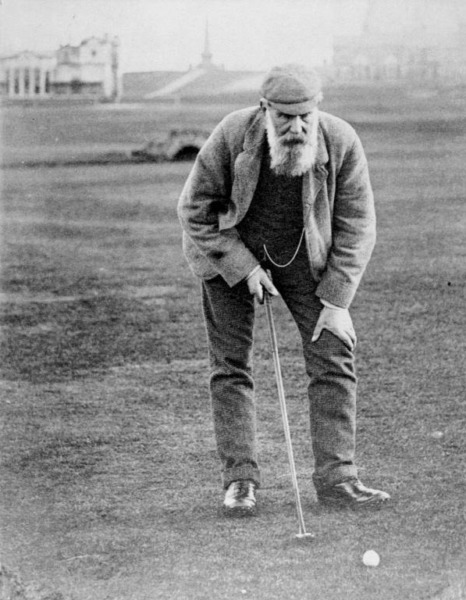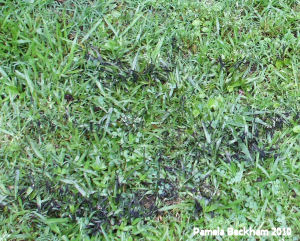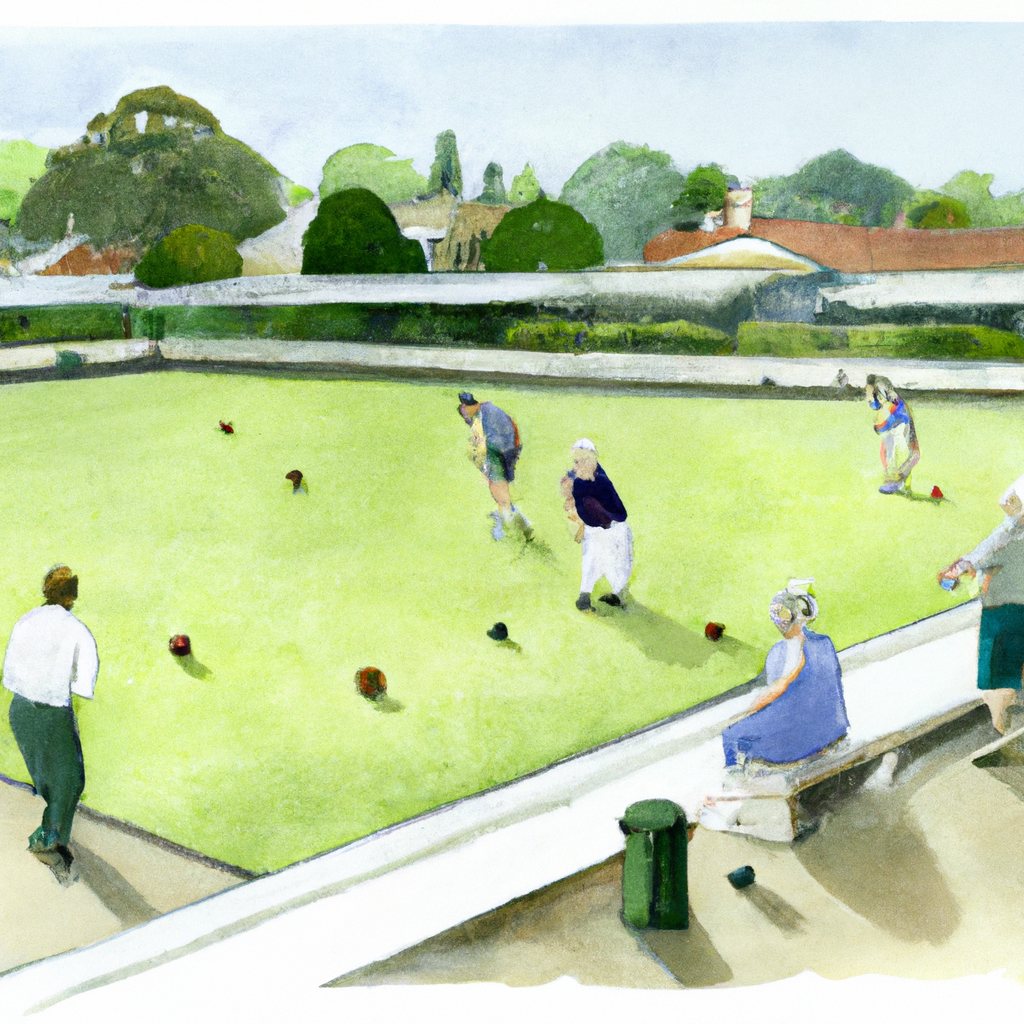"Mair sand" was the call from Tom Morris the most famous and respected greenkeeper of them all, but have we misunderstood him? In reply to an article about fine, firm golf greens John Quinn highlights the similarities between the plight of golf and bowls greens and clears up the apparent contradiction between modern day problems with inert greens and the Tom Morris philosophy.



